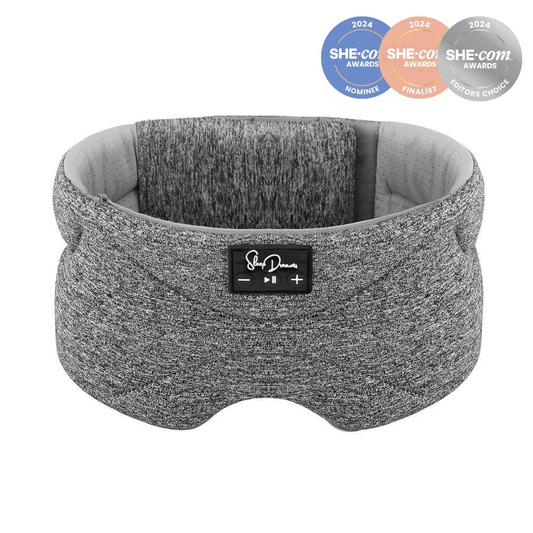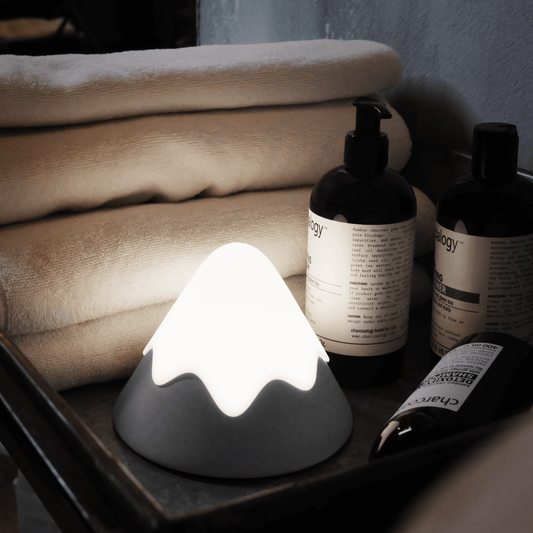Getting a good night’s sleep can be one of life’s greatest pleasures, but it’s not always easy. We all have different sleeping habits and preferences, but there is one thing that seems to be universally accepted: the temperature in the bedroom needs to be just right. But what is the ideal temperature for sleeping? Let’s find out.

What is the Optimal Temperature For Sleeping?
It shouldn’t come as much of a surprise that temperature plays an important role in how well you sleep. If it’s too hot (at summer time) or too cold, your body won’t be able to relax and rest properly. This means you will spend more time tossing and turning and less time catching some shut-eye.
The optimal temperature for sleeping is somewhere between 16°C and 18°C (60°F and 64°F).
Any lower than this and you may become uncomfortably cold, but not cold enough to wake up abruptly; any higher than this and you could start to feel too warm during your sleep. If this is the case, try adjusting your sheet sets; invest in a lighter or heavier duvet or use a fan/air conditioner to help keep your room at the perfect temperature throughout the night.
What is The Optimal Temperature for Babies Under 1?
The optimal temperature for babies under one year old is between 68-74°F (20-23°C). It's important to ensure that the room your baby sleeps in is neither too hot nor too cold, as this can be harmful to their health. Be sure to check the temperature of the room regularly, and use a fan or open a window if it gets too warm.
Humidity Levels Matter Too
In addition to temperature, humidity levels play an important role when it comes to achieving good quality sleep. To ensure that your room stays comfortable overnight, make sure that it has adequate air circulation so that humid air doesn’t get trapped inside your bedroom. It's important to note that if the humidity levels are too high (above 50%), then mould spores can start proliferating which can cause serious health problems over time – so make sure you keep your bedroom well ventilated with a dehumidifier.
Additionally, if you find yourself waking up with dry eyes or sinuses then it might be because of low humidity levels (below 40%) - consider investing in a humidifier if this is the case.
When it comes down to getting a good night's rest, there are many factors at play including mattress comfort level, bedding material type and ambient noise levels but one of the most important elements is maintaining an optimal temperature in your bedroom - between 16°C and 18°C (60°F and 64°F). In addition to temperature control, you should also pay attention to humidity levels within your bedroom -too high or low could lead to uncomfortable sleeping conditions as well as potential health risks over time. Taking these few steps can help ensure you get a better quality sleep every night!




















